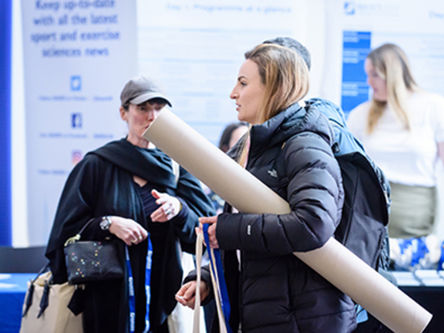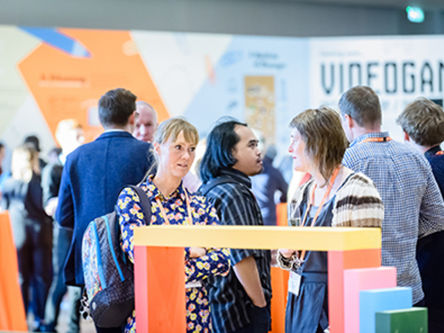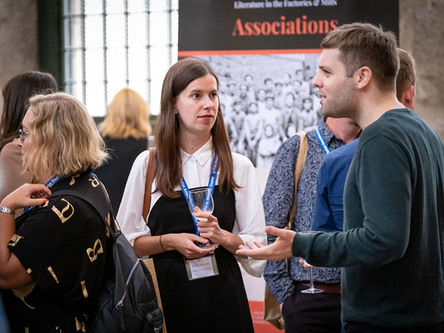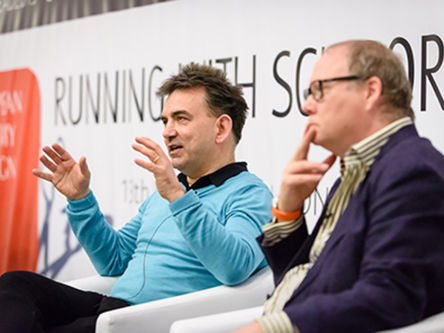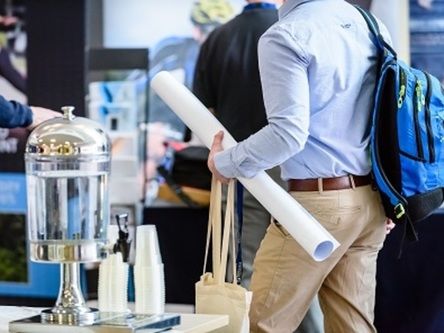
Contact: Realistic Medicine Event Team
Use ‘Email Now’ below to contact the team if you have any queries about the meeting.
Realistic Medicine in an Unreal World
An event to encourage debate about Realistic Medicine and the role it may play in the remobilisation of services during the COVID pandemic.
We are pleased to be joined by the Deputy CMO for Scotland, Dave Caesar, who will open the event.
Following this we will explore two themes in breakout sessions:
- Can self-management and shared decision making create an informed, empowered patient? How might this improve the quality of life and bring care closer to the community?
- Personalisation of complex care. Understanding the needs of a patient before planning complex treatment. How might this influence decision making?
Due to the coronavirus pandemic, our event will be a virtual experience.
While we miss the traditional opportunities to meet with our colleagues face to face, we look forward to interacting with you virtually.
The Realistic Medicine Oversight Group - Tayside
How do I join the Realistic Medicine Event hosted on MS Teams?
We are using Microsoft Teams as the platform for our Virtual Event.
Registered delegates will receive an email from the organiser. We have put together a guide on how to join the Realistic Medicine Event hosted on Microsoft Teams here.
Explore our Destination - Dundee, Angus, Fife & Perthshire - Virtual visitor and shopping experiences
We would have loved to have met you in person at our event, but for now, have put together a collection of virtual visitor and shopping experiences of our beautiful corner of Scotland and hope to welcome you one day soon.
Registration - Book Your Place Here
The event will be hosted virtually and the total number of participants will be limited to 60. Given this restriction please make sure you can definitely attend before registering to book your place here.
We look forward to seeing you there.
Event Themes
Theme 1: Can self-management and shared decision making create an informed, empowered patient? How might this improve the quality of life and bring care closer to the community?
Jennifer Gray: Chronic Pain Specialist Pharmacist, Ninewells Hospital
Current guidance in Scotland and in Tayside is encouraging doctors to rely less on strong analgesia medications and more on non-medical treatments to help their patients who have chronic pain as recent evidence has confirmed that non-medical treatment is at least as effective. This includes physical activity and supported self-management. Through consideration of non-pharmaceutical management of chronic pain, there is the potential to reduce medication burden on patients and the associated risk of short and long term adverse effects, including hospital admissions, as well as better outcomes overall. The NHS Tayside Chronic Pain Service Improvement Group has developed a set of resources which will be of interest to healthcare professionals in primary and secondary care as well as those living with chronic pain to support them to manage their condition and improve quality of life.
Dr Christopher Schofield: Diabetes Clinical Director - Elective Medicine Consultant Physician - General Internal Medicine, Diabetes and Endocrinology
As a lifelong chronic condition, Diabetes provides an excellent opportunity to develop pathways of care that fulfil core tenets of Realistic Medicine. Current models of care tend towards a paternalistic approach with routine reviews of patients at defined times leading to low value appointments. However, personalising the approach to healthcare by setting joint goals, improving self-management and democratising access to specialist services could potentially improve care and outcomes for patients. We will use this session to discuss the possibilities and how this may be applicable across other chronic diseases.
Theme 2: Personalisation of complex care. Understanding the needs of a patient before planning complex treatment. How might this influence decision making?
Dr Nikola Henderson: Colorectal Cancer Consultant Surgeon, NHS Tayside
Decision making in colorectal cancer takes place in an MDT framework. We are keen to have a stronger representation of patients' views and individual circumstances in order to recommend more person centred management options. We are building a Tayside Patient Profile for our MDT which consists of information about their situation, their personal objectives, preferences and goals and the people who are involved in supporting them as well as the clinical information we need. We would like to share some of these ideas and gain insight into what questions we need to ask patients to get the information that will inform decision making.
Organising Committee
Realistic Medicine Oversight Group
Support from:
Improvement Academy Team
Dundee & Angus Convention Bureau
Contact Us
For event enquiries email abby.milne@nhs.scot
Keep up to date - Register your interest here to receive information about our future Realistic Medicine events.
Event Privacy Statement
View our event privacy statement here.

